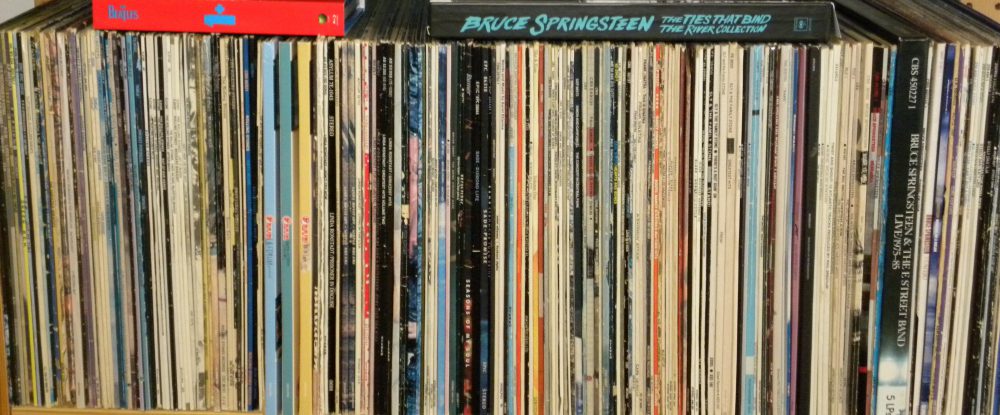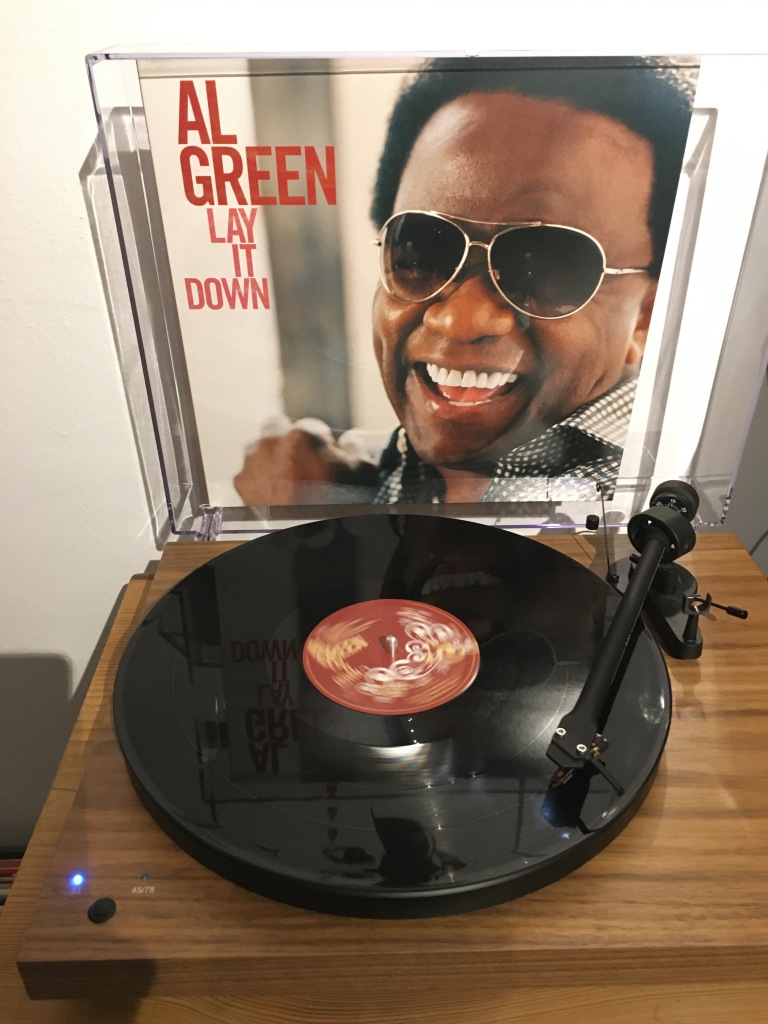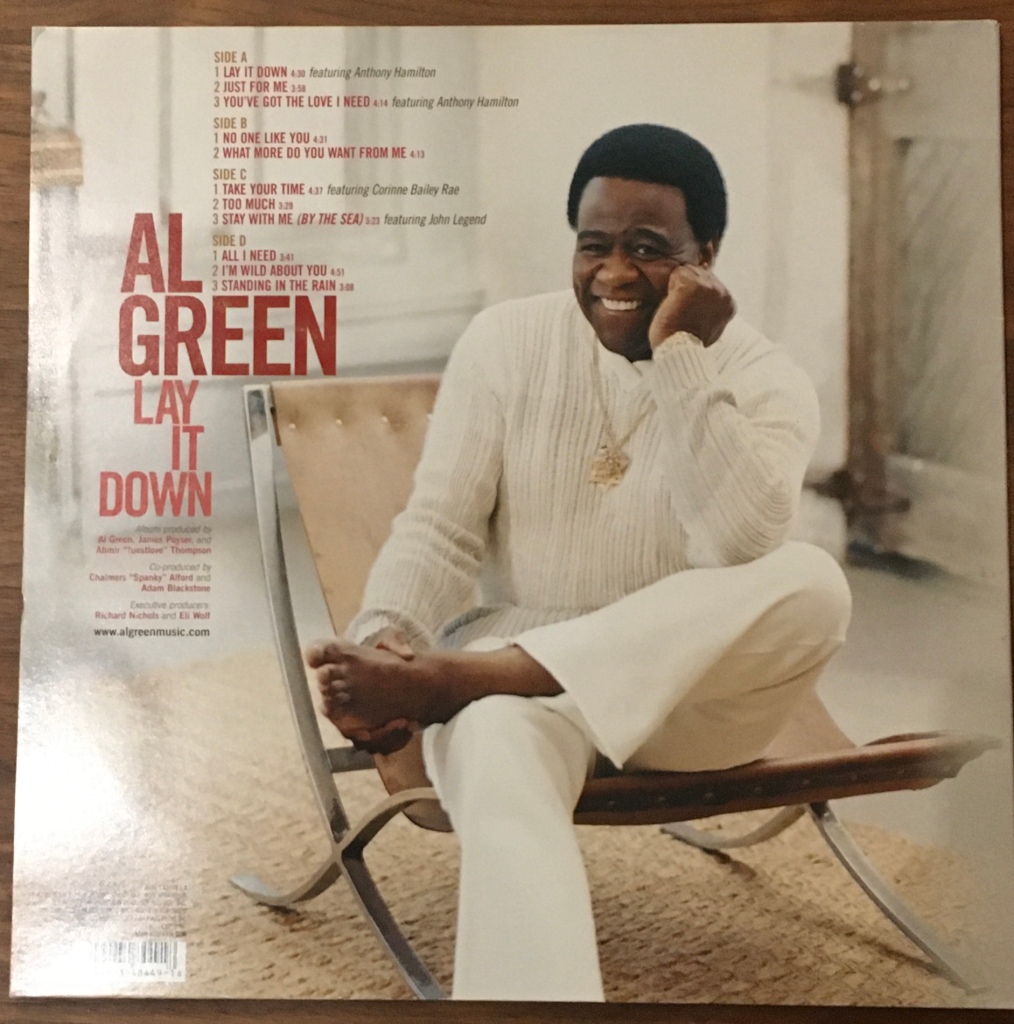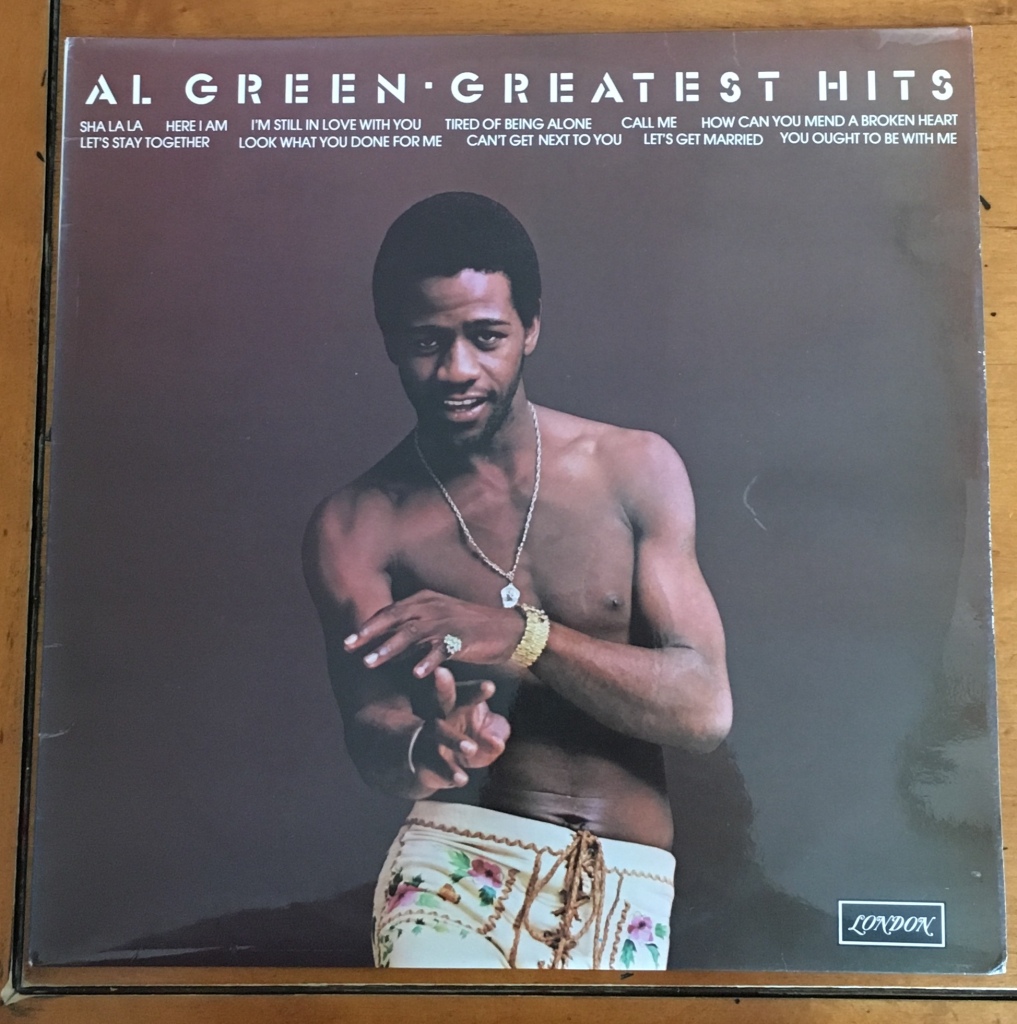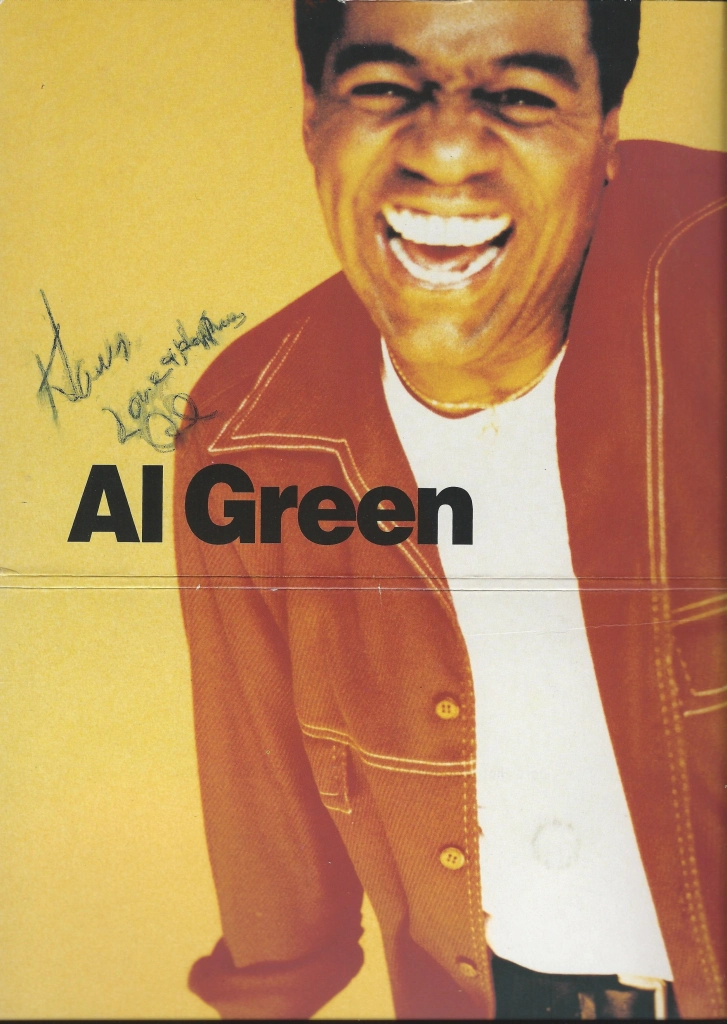Der leidenschaftliche Bluesrock und Rhythm & Blues-Soul des zweiten Albums der englischen Indie-Pop-Combo Tiny Flaws ist eine meiner Lieblingsplatten von 2022.
Dass eine Band, die sich Tiny Flaws, also kleine Fehler nennt, ihrem zweiten Album den Titel Imperfection Blues gibt, passt. Und auch wieder nicht. Denn Mängel gibt es auf Imperfection Blues mitnichten. Dafür gibt es hier nach dem süffig-souligen Mod-Soul-Jazz des selbstbetitelten 2019er Debütalbums, das noch mehr auf den Spuren von Georgie Fame groovte, rauchenden Bluesrock in Überfülle, aber auch den mit einer großen Portion Soul. Man darf bei Imperfection Blues an Sänger Paul Jones (Ex-Manfred-Mann) und die Blues Band denken (vom Anfang der 1980er, falls sich wer erinnert), an die Animals, an die Spencer Davis Group und auch mal an Dr. Feelgood. Aber Achtung, die Tiny Flaws sind keine billigen Copy Cats, trotz reiferen Alters aller Beteiligten klingt Imperfection Blues in jedem Groove frisch, vital und relevant. Diese Band hat viele Trümpfe im Ärmel.
Das Trumpf-As ist Toby Kinder, Gründer und Mastermind der Tiny Flaws, der moderne Popmusik mit ihrem uniformen, mit Autotuning und Disco Beats homogenisierten Fließband-Sound, der aus jedem Radio pumpert, verabscheut, weil ihr jegliche Kreativität und Seele fehle – sie sei quasi ein Spiegel einer auf Individualität erpichten Gesellschaft, die letztlich aber in eine selbstoptimierte Konformität münde. Dagegen setzt Toby, der Sohn eines Musiklehrers, der durch seinen Vater Bekanntschaft mit den Beatles, den Rolling Stones, den Animals, Mose Allison oder Thelonius Monk machte, auf lebendige, leidenschaftliche, von echten Musikern gespielte Musik nach dem Reinheitsgebot von anno dazumal. Der gute Mann selbst brilliert an der Hammond C3 und Wurlitzer Orgel, am Piano, auch am Akkordeon, wenn mal nötig, und erst recht als feingeistiger Songschreiber.
Mit Lenny Bignell, dem zweiten Trumpf der Tiny Flaws als Gitarrist und Produzent, spielte Toby Kinder schon in der lässigen Mod-Soul-Jazz-Combo Gene Drayton Unit zusammen, aber er orgelt auch für die Pariser Mod-Soul-Combo French Boutik, wo er live für Olivier Popincourt eingesprungen ist, oder für The Sound Of Pop Art. Toby lernte Lenny bei einem Gig der Gene Drayton Unit in Brüssel kennen und über einigen Gläsern belgischen Biers entdeckten sie ihre musikalische Seelenverwandtschaft, die dazu führte, dass die beiden Musiker seither zusammenarbeiten, 2016 schloss sich Bignell der Gene Drayton Unit an, Kinder spielte Orgel für Bignells Projekt The Juks und auch bei den Tiny Flaws führen sie ihre fruchtbare Beziehung von musikalischem Direktor und Produzent fort.
Bobby Tarlton als neuer Sänger ist der dritte nicht zu überbietende Trumpf der Tiny Flaws, druckvoll unterstützt vom Rhythmus-Duo Raydn Hunter (Bass) und Mark Claydon (Schlagzeug, auch bei der Gene Drayton Unit schon dabei), das für den Herzschlag der Tiny Flaws sorgt, ist er die Seele von Imperfection Blues. Bobby ist freilich nicht Paul Jones, Eric Burdon, Steve Winwood oder Lee Brilleaux, aber hey, er ist Bobby Tarlton, ein großartiger Rhythm & Blues- und Soulsänger, der den Vergleich mit obigen Granden nicht zu scheuen braucht und dessen kräftig-knackiger Blues-Ton und warmherziger, souliger Gesang perfekt zu den Tiny Flaws passen. Und ja, bei ebendiesem Bobby Tarlton, der seit Jahren ein Fixpunkt von Londons Mod-Soul-Szene ist, handelt es sich um Nordlondons besten Troubadour, der sich in den letzten Jahren als Doctor Bird (Dr Bird) mit superben Songs und beseeltem Gesang vielerorts Gehör und gebührende Reputation verschaffte. Es war übrigens Bobby, dessen Gesang schon mal als „Van Morrison kracht in Nick Lowe rein“ beschrieben wurde, der Toby Kinder mit French Boutik bekannt machte, bei denen dieser inzwischen nebenbei orgelt wie auch mal bei Dr Bird.
Der Blues-Harp-Bläser Joff Watkins, einer der besten Mundharmonikaspieler Londons, ist ein weiterer Trumpf im ausgezeichneten Blatt der Tiny Flaws, das Gabriela Giacoman, die famose Sängerin von French Boutik noch verstärkt, sie gastiert auf Imperfection Blues als Leadsängerin im Song C’est Different und singt in A Boat Called Elsewhere die verführerischen Backing Vocals.
Aufgenommen wurden die zwölf Songs von Imperfection Blues in Lenny Bignells Heimstudio in Penge, einem Londoner Stadtviertel abseits des Zentrums, wobei die Aufnahmen durch die Corona Pandemie erschwert und verzögert wurden und so etwa das Rhythmusduo nie gemeinsam im Studio stehen konnte, aber dennoch wie geschmiert groovt. Schon der Einstieg Photogenie, in dem Bobby Tarlton als Blues-Shouter so amtlich wie eindrücklich über eine verlorene Liebe lamentiert, setzt einen ersten emotionalen Wegweiser. Das zweite Stück Long Gone John, ursprünglich am 2006er Album At The Jazz Traffic Lights … der Gene Drayton Unit, hält das Tempo in einem fesselnden Blues-Shuffle, setzt wie fast alle Songs hier auf die starke Blues-Harmonika von Watkins, und Bobby Tarlton zelebriert seine Blues-Gefühle und plädiert dafür, die Zeit mit den Menschen um einen herum zu nützen, solange sie noch da sind, weil wenn sie einmal weg sind, ist es zu spät. From The Soul mit seinem süßen souligen Sound und seinen Memphis Horns-artigen Bläsern ist eine brandneue Komposition und trägt seine Botschaft schon im Titel, es ist inspiriert von einem Besuch Toby Kinders in Memphis, und Bobby Tarlton weiß den Soul, den er in seiner Stimme hat, voll zur Wirkung zu bringen und einem wohlige Schauer über die Haut laufen zu lassen. Der hinreißende Bluesrock von Caffiend war zuerst ein Instrumentalstück auf einer weiteren Platte der Gene Drayton Unit, Done & Dusted von 2008, und thematisiert die Vorliebe aller am Album Beteiligten für starken Kaffee. Get That Girl, ursprünglich ebenfalls ein Song der Gene Drayton Unit, ist der heimliche Hit der Platte, den man nicht mehr aus den Ohren kriegen will, anders als bei Bruce Springsteen, dessen frühe Songs sich oft um Autos und Girls drehten, dreht sich hier aber alles um das eine Girl und noch mehr Kaffee. Und in C’est Different, bekommt Gabriela Giacoman, die den Song auch getextet hat, ihren großen Auftritt, Freundschaftsdienst quasi, der vom Gefühl her nicht umsonst an Down In The Seine von The Style Council erinnert.
Die zweite Seite der Vinyl-LP eröffnet The Ones In Your Head, eine der beiden Neuaufnahmen von Songs vom Debütalbum der Tiny Flaws, es hat durch Lennys stürmisches Gitarrenriff, der jaulenden Bluesharmonika und Tobys Vollgas-Orgel wesentlich mehr Druck als das Original, Bobby als Blues-Shouter ist eine Klasse für sich. Whispering City ist eine höchst stimmungsvolle London-Ballade vor einem jazzigen Cinemascope-Hintergrund, und Bobby Tarlton zeigt einmal mehr, wieviel Soul er in seiner reifen Stimme hat.Der Titelsong Imperfection Blues stammt wieder vom Tiny Flaws-Debüt und thematisiert, dass es gerade die kleinen Fehler der/des anderen sind, die eine Beziehung reizvoll machen können und dass es vielleicht gerade diese sind, die man vermisst, wenn alles in die Brüche gegangen ist. Done & Dusted war 2008 noch das instrumentale Titelstück des oben schon erwähnten Albums, hier beklagt Soul Man Bobby Tarlton wie mit zunehmendem Lebensalter alle Hoffnung, Träume und Energie unerbittlich flöten gehen, und die wehklagende Blues-Harp weint mit ihm. In A Boat Called Elsewhere, definitiv einer meiner Lieblingssongs hier, wird anfangs schon wieder Kaffee getrunken, ehe die Tiny Flaws mit Bobby vorne am Bug Richtung Style Council Island segeln, und Gabriela ihn mit ihrem süßen Sirenengesang betört. Cake Shop schließlich ist ein resches Update eines soul-jazzigen Instrumentals der Gene Drayton Unit von 2005 und würde einer TV-Serie als Titelmelodie zur Ehre gereichen, ein würdiges La-la-la-Finale der Platte ist es auf jeden Fall.
Die besten Lieder sind in deinem Kopf, singt Bobby Tarlton in The Ones In Your Head, aber auf Imperfection Blues materialisieren sich viele von Toby Kinders Kopfkreationen aufs Feinste. Wie schon gesagt, diese Platte ist alles andere als mangelhaft, es ist schlicht eine Sensation, wie gut sie ist.
Tiny Flaws Imperfection Blues, Imperfection Records, 2022
